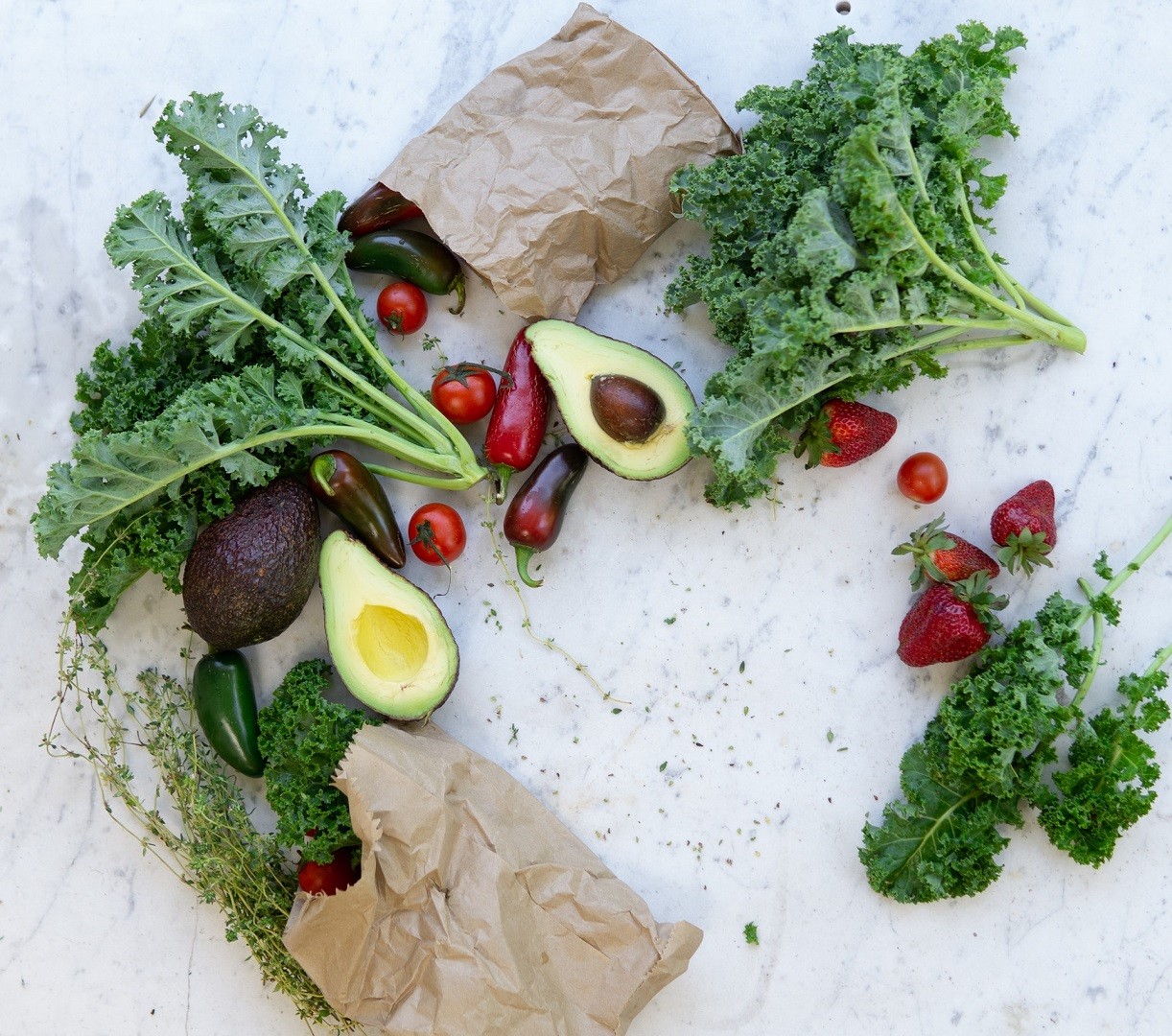
What is Conventional or Regular Farming?
Conventional farming utilizes pesticides, herbicides and fertilizers on crops. The synthetic chemicals therefore leave a toxic residue when harvested. In conventional farming, in order to increase food production and profit as well as prevent diseases, animals may be subjected to hormone injections and/ antibiotics. Animal welfare is often not the main concern in the practice of conventional farming.
What is Organic Farming?
The standards that are set in organic farming prohibits the use of synthetic pesticides, herbicides and fertilizers. The use antibiotics, anti microbials, hormones and other growth promotants are also prohibited. Instead, the use of natural substances such as compost and insect predators are utilised.
In organic farming proper treatment of the animal is of great importance when it comes to rearing them for food. Proper management of the animal ensured through organic standards regulatory system in order to provide compassion and humane treatment.
As a result organic farming provides us with the ability to improve our soil, provide uncontaminated waterways, protect native biodiversity and the ecosystem and show greater compassion to the welfare of animals. It is against organic regulations to inject hormones or antibiotics to the animal.
What are the Pros and Cons of Organic Foods?
Pros
- Improvement of soil quality
- There is some research that shows organic food to be of denser nutrition
- Although taste is subjective, there is a school of thought suggesting that organic food is more appealing to the tastebuds
- Guarantee humane treatment of the farm animals
- Ensures that you eat with the seasons, therefore making sure you get an array of nutrients throughout the year
Cons
- Generally more expensive
- Organic food may not be as readily available in stores as conventional foods. In saying that however, big grocery chains are now beginning to stock a wider range of organic foods
- It may be more difficult to purchase a specific food when needed at any specific time of the year as organic produce is grown according to the seasons
What Are the Pros & Cons of Conventional Foods?
Pros
- Cheaper than organic foods
- Greater supply all year round
- Can be purchased at any grocery outlet
- Readily available
Cons
- Toxic residues
- Negative effects on the environment
- Does not have animal welfare at the forefront of its farming methods
- Some research suggests that conventional fruits and vegetables may not be as rich in nutrients as organic foods
- Often conventional foods have been stored in cold rooms for many months depleting their nutrients
Please ask your nutritionist for further information regarding the differences in farming practices in regular and organic food.
Originally published on Dec 31, 2014








